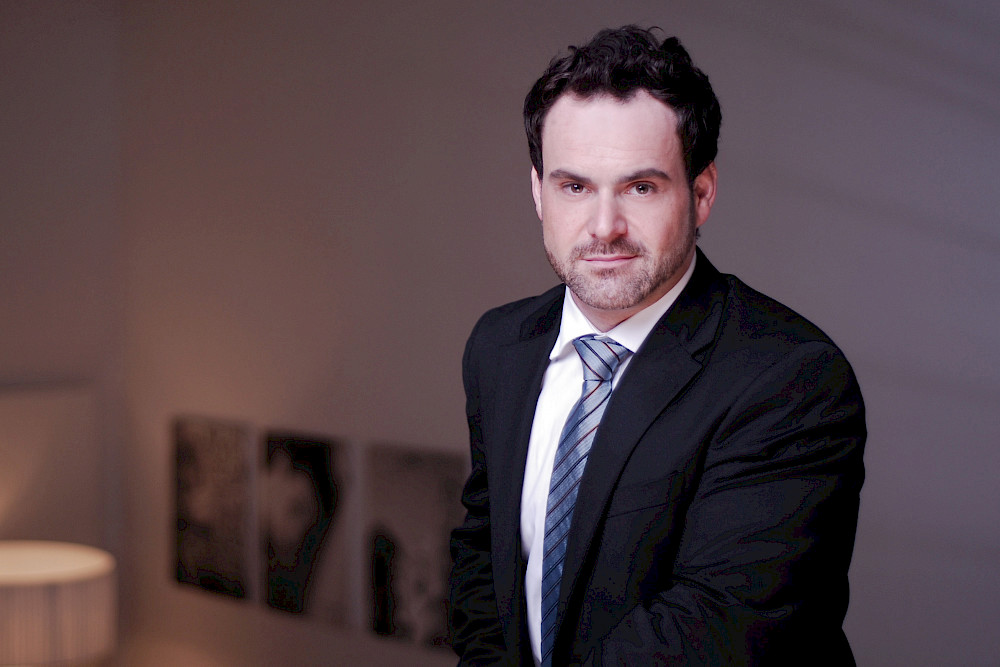What is allowed in citizen science?

Copyright law, data security, insurance protection - such aspects are not only relevant for scientific institutions, but also for citizen science projects. It is not always clear the extent to which laws developed for traditional research can be directly transferred to citizen science initiatives. “This is especially true when laypeople become involved in the area of medicine,” says Dr Timo Faltus, a research associate at the Chair for Public Law. Since 2020, he has been leading the project “Analysis and Regulation of Therapy-oriented Citizen Science Projects”, which is funded by the Fritz Thyssen Foundation. It is intended to help identify citizen science initiatives in the field of medicine, to analyse the existing legal framework and to close any gaps related to legal norms.
Faltus has so far identified over 50 citizen science projects in Germany that are medical related. Project topics range from pollen allergies, cluster headaches and dementia, to medical technology devices such as insulin pumps and hearing aids. “As long as those affected only exchange information about the situations in which they experience particularly severe headaches or allergies, there are no legal ramifications,” says Faltus. “However, as soon as such personal experiences undergo systematic analysis, they could be regarded as a study from a legal standpoint.” In traditional medical research, such studies are subject to legal regulations - this applies to the development of drugs as well as to the systematic recording of disease symptoms. For example, the studies must be approved by an ethics committee and the doctors conducting them must be ethically advised, as stipulated in the code of ethics and professional conduct. This has not yet been regulated for citizen science projects.
Exchanging personal experience is also permitted, in principle, in the area of medical technology, for example when it comes to optimising insulin pumps or hearing aids. “Everyone is free to modify medical devices and use them on their own bodies,” explains Faltus. “However, this does not apply when I modify the technology for someone else.” Such forms of mutual assistance, which is practiced, for example, by hobby mechanics, could be defined as “placing something on the market” and thus would be regulated by law. The question of product liability also arises when laypeople modify other people’s devices.
Faltus is still busy systematising the field of therapy-oriented citizen science projects and formulating clear criteria for defining them. By the end of the project, he will have also developed recommendations for ethical principles and legal norms for research. According to Faltus, “This creates legal certainty, which the initiators themselves usually want. Under certain circumstances, however, it may mean that some projects won’t be permitted.”
Dr Timo Faltus
Department of Law
Telephone +49 345 55-23168
Mail timo.faltus@jura.uni-halle.de
Further articles
Science for everyone
Citizen scientists are playing an ever more pivotal role. They collect data, decipher old manuscripts and more – an invaluable resource. Read more
